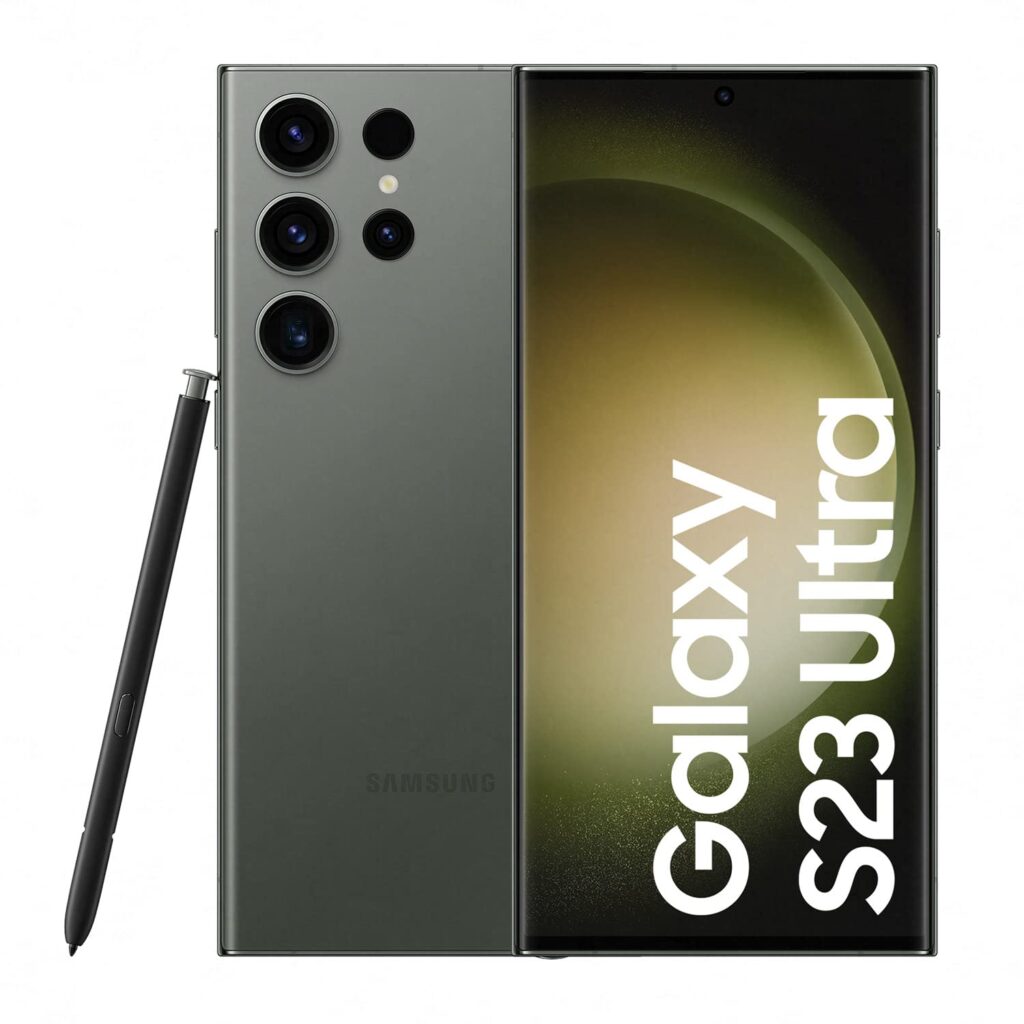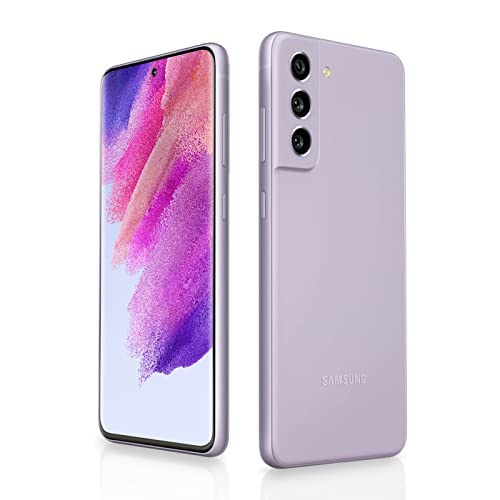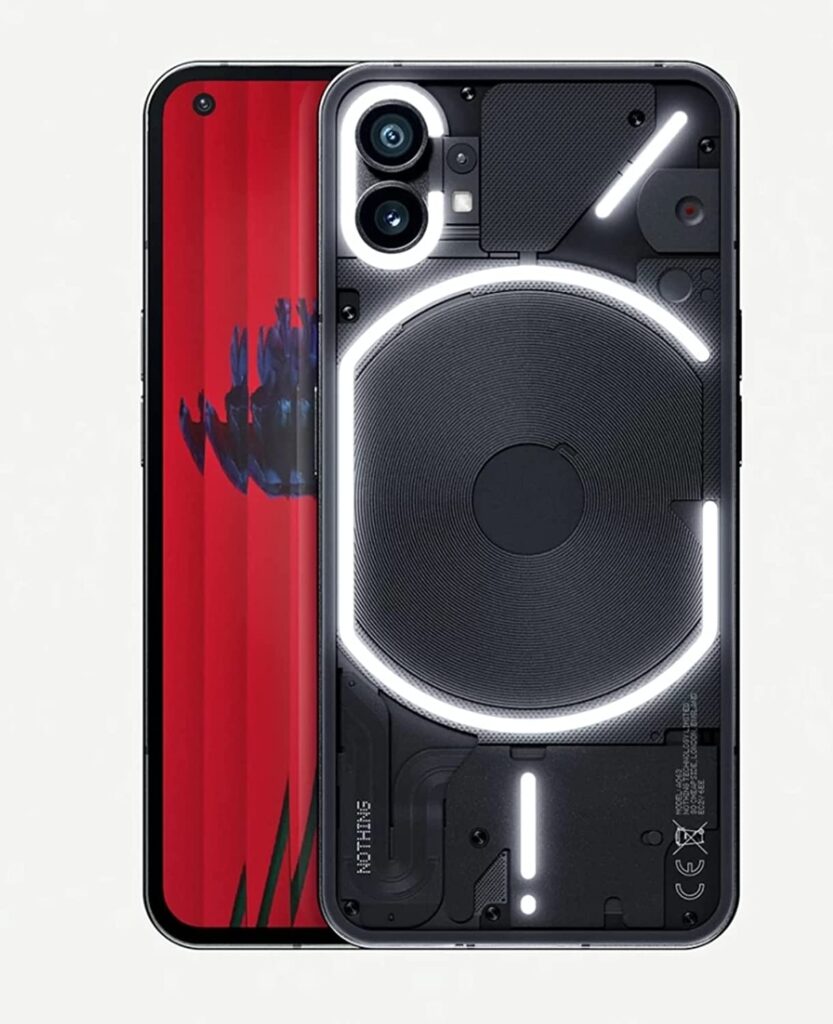2. Pronouns - सर्वनाम
Pronouns ( सर्वनाम ) – संज्ञा के बदले में आने वाले शब्द को pronoun कहते है। A pronoun is a word used instead of a noun.
Eg – Ram is a boy …… ( Ram ( pronoun )
There are ten kinds of pronoun
1 – personal pronoun ( व्यक्तिवाचक सर्वनाम )
2 – possessive pronoun ( अधिकारवाचक सर्वनाम )
3 – reflexive pronoun ( निजवाचक सर्वनाम )
4 – Emphatic pronoun ( बलदायक सर्वनाम )
5 – Demonstrative pronoun ( संकेतवाचक सर्वनाम )
6 – Indefinite pronoun ( अनिस्चयवाचक सर्वनाम )
7 – Distributive pronoun ( व्यष्टिवाचक सर्वनाम )
8 – Reciprocal pronoun ( परस्परबोधक सर्वनाम )
9 – relative pronoun ( संबंधवाचक सर्वनाम )
10 – Interrogative pronoun ( प्रश्नवाचक सर्वनाम )
1 – Personal pronoun ( व्यक्तिवाचक सर्वनाम ) : –
Personal pronoun – I , we , he , she , it , they are Called personal pronoun.
I और we 1St person के pronoun है, you , 2nd person के pronoun है, और he, she , it , they 3Rd Person के pronoun है।
Note :- Personal pronouns my , your , his , her , it’s और Their को possessive adjective कहा जाता है क्योंकि ये किसी – न – किसी noun के ठीक पहले प्रयुक्त होता है और Adjective की तरह कार्य करता है।
Eg :- This is my book ….. ( My ( poss.. adjec.. )
इन possessive adjective में his और her दो ऐसे शब्द है जिनका प्रयोग pronoun की भांति भी होता है , परंतु इस स्थिति में इनके ठीक बाद कोई भी noun प्रयुक्त नही रहता है।
Eg :- This book is his ……( His ( posse .. adje .. )
Note :- pronoun का प्रयोग noun के बदले में होता है इसलिए Pronoun के ठीक बाद कोई भी noun प्रयुक्त नही रहता जब pronoun के ठीक बाद कोई noun प्रयुक्त रहता है तब वह pronoun adjective में परिवर्तित हो जाता है क्योंकि इस स्थिति में वह अपने बाद आनेवाले noun को Qualify करता है।
2 – possessive pronoun ( अधिकारवाचक सर्वनाम ) : –
जिस pronoun का प्रयोग अधिकार दिखाने के लिए किया जाता है उसे possesssive Pronoun कहते है
The pronoun used to show possession is called Possessive pronoun.
Eg :- mine , ours , yours , hers , his , aur theirs
This book is mine ……. ( Mine ( posse …. pron.. )
Note :- इनमे सिर्फ his एक ऐसा शब्द है जो possessive Pronoun भी है और possessive adjective भी है।
Eg :- This is his car ……. ( His ( posse.. adje ..)
This car is his ……. ( His ( posse.. adje ..)
3 – reflexive pronoun ( निजवाचक सर्वनाम ) : –
जब वाक्य में myself, ourselves, yourself, yourselves, himself, herself, itself और themselves के प्रयोग से काम करने का असर खुद कर्ता पर पड़ना प्रतीत होता है, तब इन्हें Reflexive Pronouns कहा जाता है।
The pronouns myself, ourselves, yourself, yourselves, himself, herself, itself and themselves are called reflexive pronouns when the action done by the subject turns back upon the subject.
Eg :-
I hurt myself.
We can help ourselves.
She ruined herself.
4 – Emphatic pronoun ( बलदायक सर्वनाम ) : –
जब myself, ourselves, yourself, yourselves, herself, himself, itself और themselves का प्रयोग वाक्य में किसी Noun या Pronoun पर जोर देने के लिए होता है तब इन्हें Emphatic Pronouns कहा जाता है।
Myself, ourselves, yourself, yourselves, herself, himself, itself and themselves are called emphatic pronouns when ने they are used for the sake of emphasis.
Eg :-
I killed the tiger myself. ( मैंने स्वयं (खुद) बाघ को मारा। )
He himself said so. She herself liked him. (उसने स्वयं(खुद) ऐसा कहा )
Note:- myself, ourselves, के spelling पर ध्यान दें। Singular Pronoun के साथ self लगता है और Plural Pronoun के साथ selves लगता है। you का प्रयोग जब एक व्यक्ति के लिए होता है, तब yourself और जब इसका प्रयोग अनेक
व्यक्तियों के लिए होता है, तब yourselves का प्रयोग होता है। आप जानते हैं कि I, he, she और it Singular Number में हैं। we और they Plural Number में हैं। you का प्रयोग Singular और Plural दोनों वचनों में होता है।
5 – Demonstrative pronoun ( संकेतवाचक सर्वनाम ) : –
जिस Pronoun का प्रयोग वस्तुओं या व्यक्तियों को सूचित, इंगित या निर्देशित करने के लिए किया जाता है, उसे Demonstrative Pronoun कहा जाता है।
The pronoun used to point out the object or objects to which it refers is called a demonstrative pronoun.
Eg :- This , that , these , those
This is a boy.
That is a girl.
These are balls.
Those are dolls.
Note :- जब This, That, These, Those, के ठीक बाद कोई Noun प्रयुक्त रहता है, तब इन्हें Demonstrative Adjectives कहा जाता है,
जैसे :-
This book is mine.
That book is yours.
These cows are red.
Those cows are brown.
Look at this picture.
What was that noise?
This is my book …. ( This ( Demon.. pronoun )
This book is mine ….( This ( demon.. adje.. )
6 – Indefinite pronoun ( अनिस्चयवाचक सर्वनाम ) : –
जिस Pronoun से किसी निश्चित व्यक्ति या वस्तु का बोध नहीं होता है,वह Indefinite Pronoun कहलाता है।
An indefinite pronoun refers to persons or things in a general way and does not refer to any person or thing in particular.
Eg :- somebody , anybody , some , all , none , many One , none , nothing , any
Somebody has stolen my pen. ( Somebody )
Note :- जब some, all, many, one any के ठीक बाद कोई Noun प्रयुक्त रहता है, तब ये Adjectives कहलाते हैं।
Eg :-
Some boys are ready. ( Some ( adjective )
7 – Distributive pronoun ( व्यष्टिवाचक सर्वनाम ) : –
जब each, either और neither का प्रयोग Pronoun के रूप में होता है, तब इन्हें Distributive Pronouns कहा जाता है।
When each, either and neither are used as pronouns they are called distributive pronouns.
Eg :-
Each of you is guilty.
Each of the boys is intelligent.
Note :- जब each , either और neither के ठीक बाद कोई Noun प्रयुक्त रहता है , तब इन्हें distributive adje .. कहा जाता है ।
Eg :-
Each boy is intelligent ( Each ( adjective)
8 – Reciprocal pronoun ( परस्परबोधक सर्वनाम ) : –
Each other , one another को reciprocal pronounsकहते है।
Eg :-
They loved each other.
9 – relative pronoun ( संबंधवाचक सर्वनाम ) : –
Relative Pronoun वाक्य में अपने से पहले प्रयुक्त किसी Noun/ Pronoun के बदले में आकर उस Noun / Pronoun की पुनरुक्ति को रोकता है और उस Noun / Pronoun का संबंध अपने से आगे आनेवाले शब्द-समूह से जोड़ता है।
A relative pronoun refers to some noun/pronoun going before and relates the said noun/pronoun to a group of words coming after.
Eg :- who, whom, whose, which, what , that
This is the book. The book was given to me.
””””””””””””
This is the book that was given to me.
””””””””
who, which, whom, whose और that Relative Pronouns हैं –
The boy who is playing is my friend.
The chairs which are broken are of no use.
Note 1 :- who, whom और whose का प्रयोग व्यक्तियों या बड़े जानवरों के लिए होता है। which का प्रयोग निर्जीव वस्तुओं और जानवरों के लिए होता है। That का प्रयोग सजीव और निर्जीव दोनों के लिए होता है।
Note 2 :- who, which, whom, whose और what का प्रयोग प्रश्न किए जाने Interrogative Pronouns कहलाते हैं। जैसे, इन वाक्यों में who whom, whose which what Interrogative Pronouns.
Eg :-
Who are you ?
Whom do you love ?
Whose is this book ?
Which is yours ?
What is this ?
What is your father ?
इन पांच शब्दों में whose, which और what ऐसे शब्द हैं जिनके ठीक बाद किसी Noun का प्रयोग हो सकता है और उस स्थिति में ये Adjective की भाँति कार्य करेंगे। अर्थात् जब इन शब्दों को Noun के साथ जोड़कर प्रश्न किए जाने में प्रयोग किया जाता है, तब ये Interrogative Adjectives कहलाते हैं जैसे, इन वाक्यों में whose, which और what Interrogative Adjectives हैं –
Whose book is this?
Which class do you read in?
What colour do you like?
10 – Interrogative pronoun ( प्रश्नवाचक सर्वनाम ) :-
जिस Pronoun का प्रयोग प्रश्न करने के लिए किया जाता है, उसे Interrogative Pronoun कहा जाता है ।
The pronoun used for asking a question is called an interrogative pronoun.
Eg :-
Who are you?
Whom do you love?
Whose is this book?
Which is yours?
What is your father?
Note :- Who, whom, whose, which of what Relative Pronoun के रूप में भी होता है। Whose, which और what का प्रयोग Interrogative Adjective के रूप में भी होता है। इसकी चर्चा Relative Pronouns के अंतर्गत हो चुकी है।
Mathematics
- Divisors , Prime factor And Binary number system
- Unit digit
- Lcm & Hcf
- Square root & Cubic root
- Number of zero from last
- Test of divisibility
- Reminder theorm
- Fraction
- simplification
- surds-indices
- ratio-proportion
- Average
- Age problem
- Time-work
- Pipe & Cistern
- percentage
- Profit and loss
- Simple – interest
- Compound interest
- Discount
- partnership
- mixture & alligation
- Speed , distance and time
- Boat & Stream
- Trigonometry
- Height & Distance
- Algebra
- Mensuration
- Geometry




